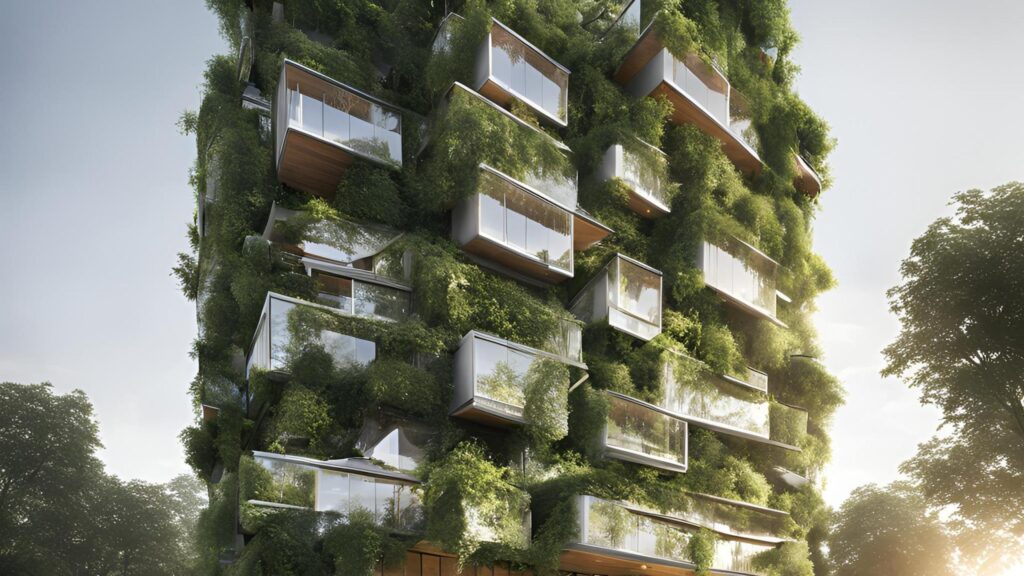LEED (Leadership in Energy and Environmental Design) certification is a globally recognized symbol of sustainability achievement and leadership. In the Kingdom of Saudi Arabia (KSA), the growing focus on sustainable development and environmental stewardship has made LEED certification increasingly relevant. With a diverse range of projects, from commercial skyscrapers in Riyadh to educational institutions in Jeddah, the adoption of LEED standards reflects a commitment to sustainable growth and energy efficiency. But what types of projects are eligible for LEED certification in KSA? This blog post explores the various categories of projects that can pursue LEED certification in the region, the benefits they derive, and the broader implications for sustainable development in the country.
Commercial and Office Buildings
Commercial and office buildings are among the most common types of projects that pursue LEED certification in KSA. These structures include high-rise office towers, corporate headquarters, and business parks. The eligibility of these buildings for LEED certification comes from their significant impact on energy consumption, water usage, and waste generation. By adhering to LEED standards, these projects aim to reduce their environmental footprint through improved energy efficiency, sustainable materials, and enhanced indoor environmental quality. For example, the King Abdullah Financial District in Riyadh includes several LEED-certified buildings, setting a precedent for sustainable development in the commercial sector.
Residential Buildings
Residential projects, ranging from single-family homes to multi-family housing complexes, can also achieve LEED certification. In KSA, the growing demand for sustainable living spaces has encouraged developers to integrate LEED standards into their residential projects. LEED-certified residential buildings are designed to provide healthier indoor environments, reduce energy and water consumption, and use sustainable building materials. This is particularly relevant in KSA, where extreme temperatures necessitate efficient cooling systems. The LEED rating system helps developers optimize energy use, which can lead to significant cost savings for homeowners over time.
Healthcare Facilities
Healthcare facilities, including hospitals and clinics, are increasingly seeking LEED certification in KSA. Given their operational complexity and high energy use, these facilities benefit greatly from the energy efficiency and sustainability measures encouraged by LEED. Hospitals like King Faisal Specialist Hospital in Riyadh have adopted LEED standards to enhance patient care environments, reduce operational costs, and minimize their environmental impact. LEED-certified healthcare facilities prioritize indoor air quality, which is crucial for patient health, and efficient resource use, ensuring that these facilities can operate sustainably over the long term.
Educational Institutions
Educational institutions such as schools and universities are key candidates for LEED certification in KSA. With the country’s Vision 2030 emphasizing education and innovation, many institutions are integrating sustainability into their campuses. LEED certification for educational buildings focuses on creating healthy, energy-efficient learning environments that use resources responsibly. Schools like the King Abdullah University of Science and Technology (KAUST) have pursued LEED certification to showcase their commitment to sustainability, improve the learning environment, and reduce operational costs. By achieving LEED certification, these institutions not only enhance their environmental performance but also educate students about the importance of sustainability.
Hospitality and Tourism Projects
The hospitality and tourism sector is a significant contributor to KSA’s economy, and its impact on the environment is considerable. Hotels, resorts, and other hospitality projects are increasingly seeking LEED certification to minimize their environmental footprint and appeal to eco-conscious travelers. In KSA, where tourism is set to expand significantly under Vision 2030, sustainable hospitality development is crucial. LEED certification helps these projects implement sustainable practices in water use, energy management, waste reduction, and indoor environmental quality. As a result, LEED-certified hotels and resorts in KSA can offer a unique selling point to tourists looking for sustainable accommodations.
Retail and Mixed-Use Developments
Retail centers and mixed-use developments, which combine commercial, residential, and recreational spaces, are also eligible for LEED certification in KSA. These projects have the potential to influence a wide range of sustainability metrics, from energy and water use to transportation and waste management. By achieving LEED certification, retail and mixed-use developments in KSA can attract tenants and customers who prioritize sustainability. The certification also ensures that these projects operate more efficiently, reducing their overall environmental impact.
Industrial and Manufacturing Facilities
Industrial and manufacturing facilities, though traditionally seen as high-impact in terms of environmental footprint, are also eligible for LEED certification. In KSA, the push towards sustainable industrial practices has encouraged some manufacturers to adopt LEED standards. These facilities benefit from reduced energy and water use, improved waste management, and better worker environments. LEED certification for industrial projects not only enhances operational efficiency but also aligns with KSA’s broader goals of reducing carbon emissions and fostering sustainable development in all sectors.
Infrastructure Projects
Beyond buildings, infrastructure projects such as transportation hubs, airports, and water treatment plants can pursue LEED certification. In KSA, large-scale infrastructure developments are essential for economic growth and are increasingly designed with sustainability in mind. LEED certification service for these projects focuses on resource efficiency, reduced environmental impact, and improved community connectivity. The incorporation of sustainable practices in infrastructure projects aligns with KSA’s Vision 2030 goals, promoting sustainable urban development and reducing environmental degradation.
Conclusion
In the Kingdom of Saudi Arabia, LEED certification is available to a wide range of projects, from commercial and residential buildings to healthcare facilities, educational institutions, hospitality projects, retail developments, industrial facilities, and infrastructure projects. Each of these categories presents unique opportunities for sustainability, contributing to KSA’s broader goals of environmental stewardship and economic diversification. As the country continues to grow and develop, LEED certification Requirements will play a crucial role in shaping a more sustainable future, encouraging developers and stakeholders to adopt green building practices that benefit both the environment and the economy.

